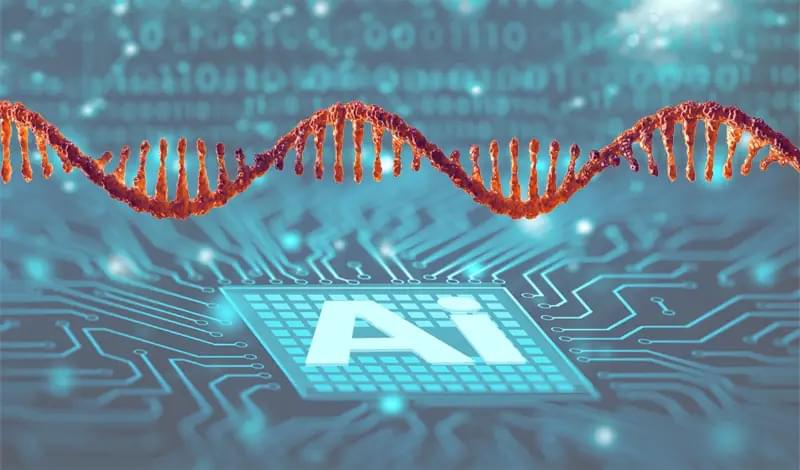May 13, 2023
Advanced Life Should Have Already Peaked Billions of Years Ago
Posted by Paul Battista in categories: alien life, existential risks, information science
Did humanity miss the party? Are SETI, the Drake Equation, and the Fermi Paradox all just artifacts of our ignorance about Advanced Life in the Universe? And if we are wrong, how would we know?
A new study focusing on black holes and their powerful effect on star formation suggests that we, as advanced life, might be relics from a bygone age in the Universe.
Universe Today readers are familiar with SETI, the Drake Equation, and the Fermi Paradox. All three are different ways that humanity grapples with its situation. They’re all related to the Great Question: Are We Alone? We ask these questions as if humanity woke up on this planet, looked around the neighbourhood, and wondered where everyone else was. Which is kind of what has happened.
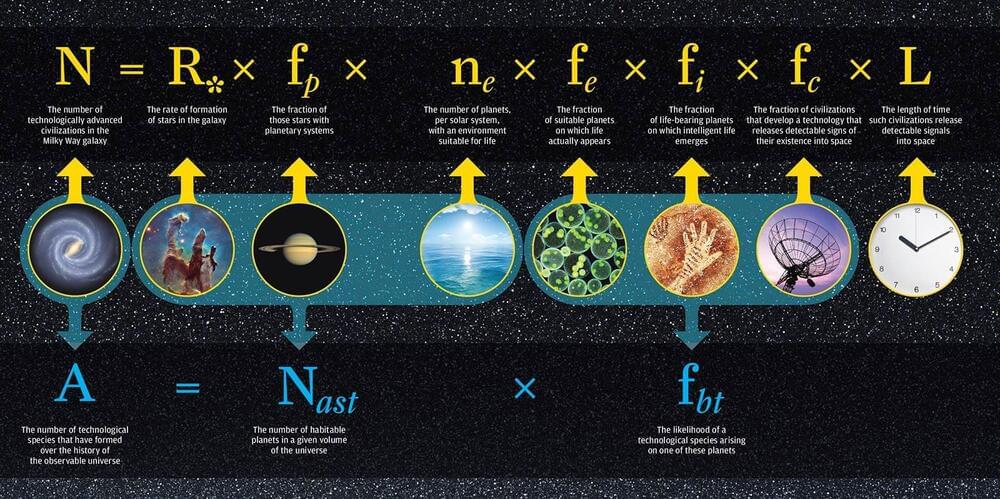

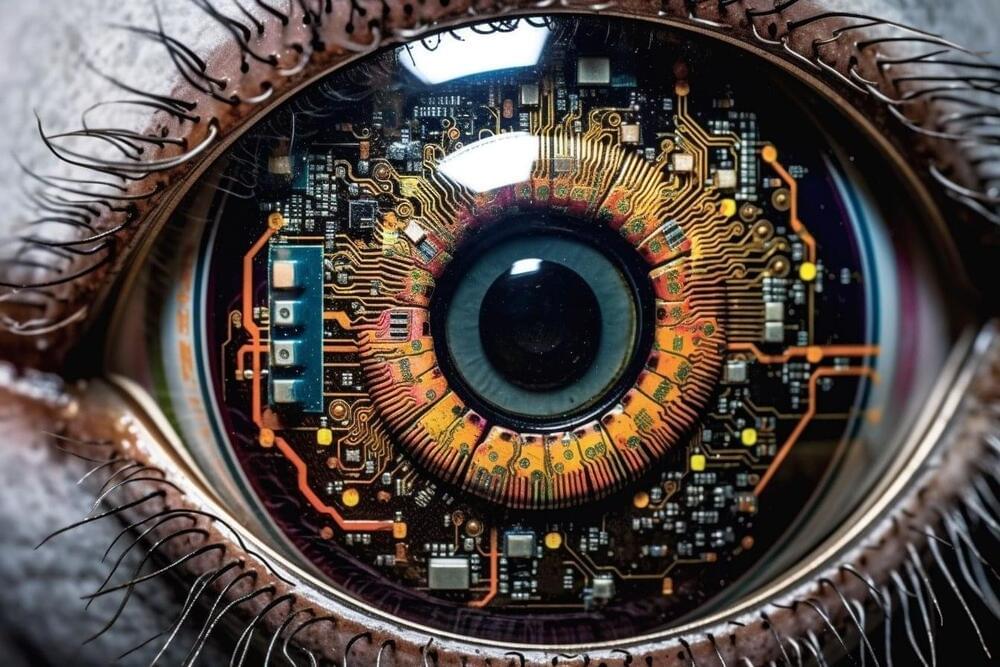

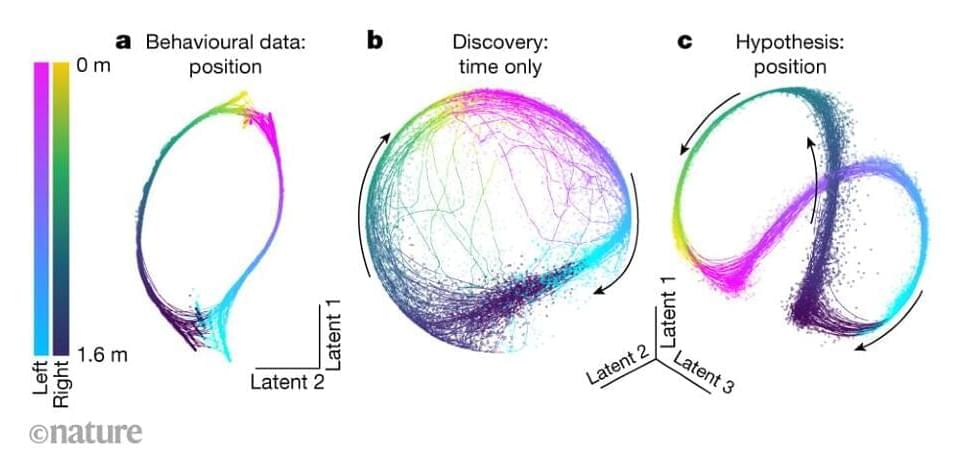

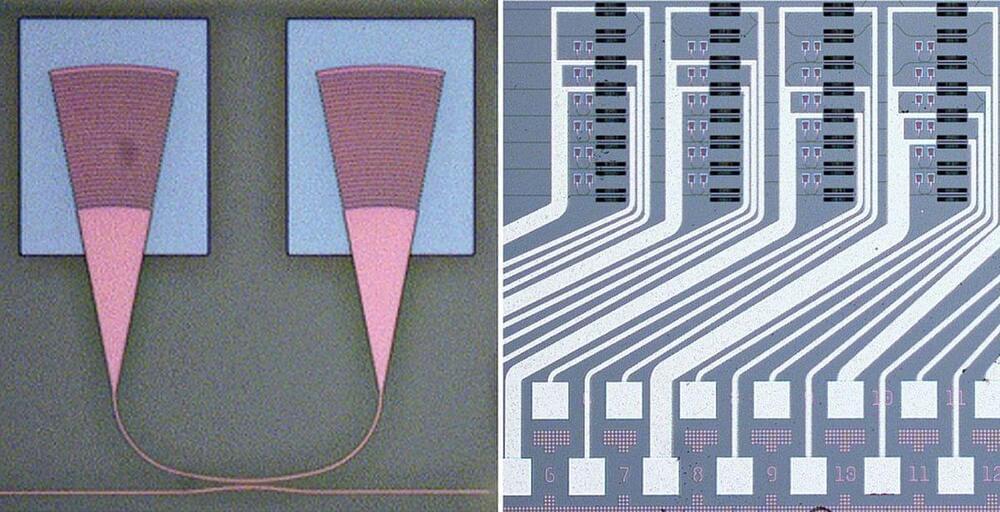


 עברית (Hebrew)
עברית (Hebrew)